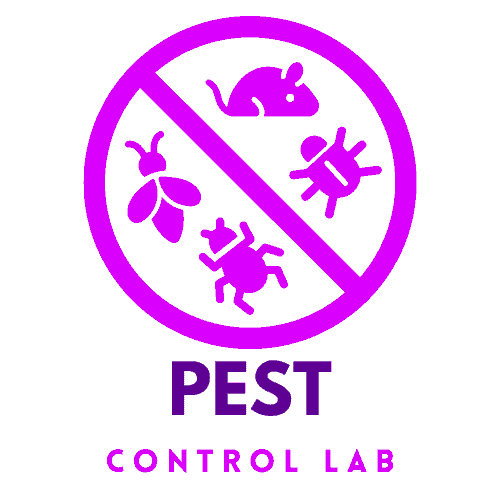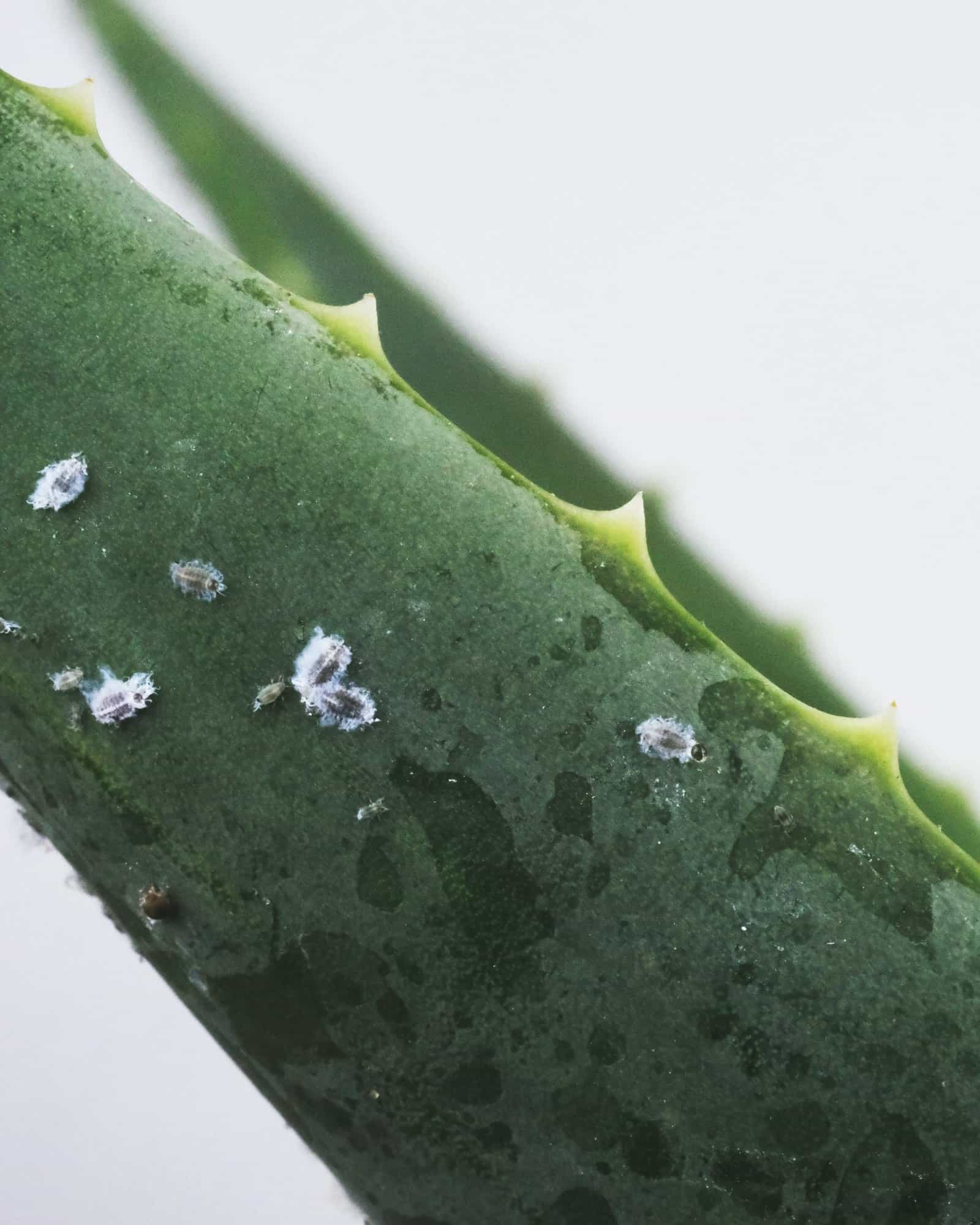Can Pests Cause Health Problems? Debunking the Myths and Understanding the Risks
Introduction
Pests are a common nuisance that can invade our homes, gardens, and workplaces. From pesky mosquitoes to creepy cockroaches, these unwanted guests can cause more than just annoyance. There is often concern about the health risks associated with pests, including the potential for disease transmission. In this article, we will debunk some myths and shed light on the dangers pests pose to our health.
The Myth of the Invincible Pest
It’s easy to underestimate the impact of pests on our health. Some may think a small mosquito bite or a few ants in the kitchen are harmless. However, pests can carry and transmit various diseases, making them a serious threat to our well-being.
The Health Risks of Pests
Let’s take a closer look at some common pests and the health problems they can cause:
Mosquitoes
Mosquitoes are not just annoying creatures that buzz around our ears and leave itchy bites. They are also known carriers of deadly diseases such as malaria, dengue fever, and Zika virus. These diseases can have severe consequences and even lead to death in some cases.
Rats and Mice
Rats and mice are not only destructive to our property but can also pose serious health risks. They can contaminate food and surfaces with droppings, urine, and saliva, spreading leptospirosis, hantavirus, and salmonellosis. In addition, their fur and dander can trigger allergies and asthma attacks in susceptible individuals.
Cockroaches
Cockroaches are not just unsightly creatures that scuttle across the floor. They can carry bacteria, viruses, and parasites on their bodies, contaminating food and surfaces. Exposure to cockroach allergens can also trigger asthma and allergies in some people.
Bed Bugs
Bed bugs are notorious for their bites, which can cause itching and discomfort. While they are not known to transmit diseases directly, their bites can lead to secondary infections if scratched excessively. Additionally, the psychological impact of a bed bug infestation can be significant, causing anxiety and sleep disturbances.
Preventing and Managing Pest-Related Health Risks
Now that we understand the health risks associated with pests, it’s essential to take preventive measures to protect ourselves and our loved ones:
Maintain Cleanliness
Regularly clean your living spaces, including proper food storage and waste management. You can discourage pests from invading your home by eliminating potential food sources.
Seal Entry Points
Inspect your home for any cracks, gaps, or holes that pests could use as entry points. Seal them off to prevent pests from gaining access to your living spaces.
Eliminate Standing Water
Mosquitoes breed in stagnant water, so eliminate any standing water sources around your property. Regularly empty and clean birdbaths, flower pots, and other containers that can collect water.
Consult Professionals
If you have a persistent pest problem or suspect an infestation, it’s best to consult professional pest control services. They have the expertise and tools to effectively eliminate pests and minimize the associated health risks.
Conclusion
Pests may seem minor, but they can significantly impact our health. From disease transmission to triggering allergies and asthma, pests pose real risks. Understanding these risks and taking preventive measures can protect ourselves and create a healthier living environment. Remember, it’s always better to be safe than sorry regarding pests and health.





Sustain the excellent work and producing in the group!
Thanks for sharing. I read many of your blog posts, cool, your blog is very good.
Thank you for your sharing. I am worried that I lack creative ideas. It is your article that makes me full of hope. Thank you. But, I have a question, can you help me?